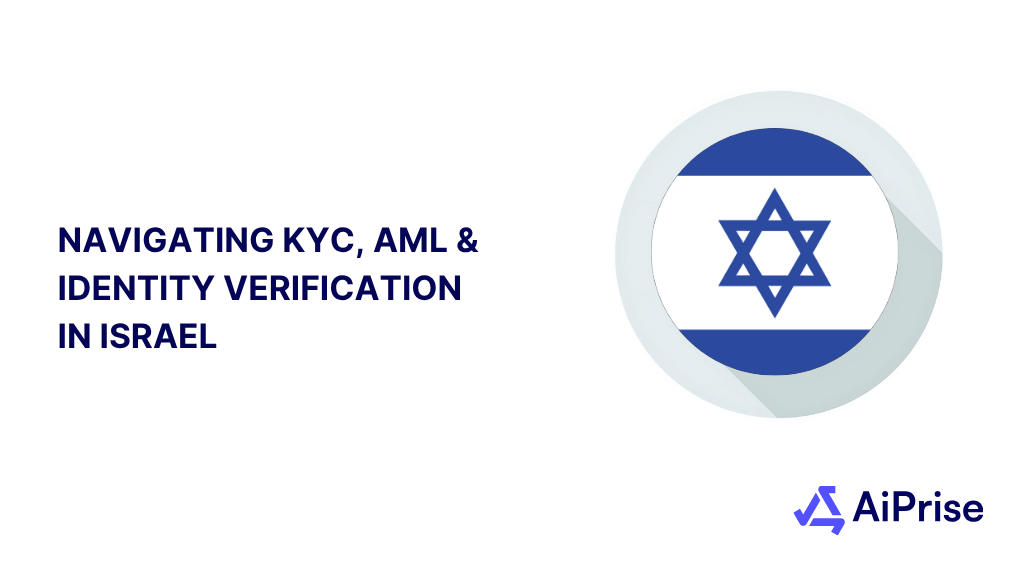AiPrise
6 mins read
June 12, 2025
Navigating KYC, AML and Identity Verification in Rwanda

Key Takeaways










As one of Africa’s fastest-growing digital economies, Rwanda is leading the charge in financial inclusion and innovation. With mobile banking, fintech, and cross-border transactions on the rise, the risks of financial crimes, including money laundering, fraud, and identity theft, have grown significantly.
To combat these threats, Rwanda has established a robust regulatory framework centered on Know Your Customer (KYC), Anti-Money Laundering (AML), and identity verification protocols, ensuring that its financial systems remain secure and compliant in a digital-first environment.
In this blog, we examine the historical development of these frameworks, key regulatory requirements, and how businesses in Rwanda can implement compliant, future-ready verification practices.
Evolution of KYC and AML in Rwanda

Rwanda’s regulatory journey began in the early 2000s with its alignment to international AML/CFT standards. Major milestones include:
- The establishment of the Financial Intelligence Centre (FIC).
- The passing of Law No. 75/2019, which criminalized money laundering and terrorism financing.
- Updates through Regulation No. 001/FIC/2022, which strengthened compliance measures for all financial institutions.
These steps reflect Rwanda’s commitment to building a transparent and secure financial ecosystem.
As we move forward, it’s critical to understand the current landscape and which institutions play a role in enforcing these regulations.
Regulatory Framework and Key Institutions
Several government bodies and legal frameworks govern the enforcement of KYC and AML in Rwanda. Understanding who sets the rules and how they're enforced is crucial for any business operating in the financial sector:

With the regulatory framework in place, the next step for businesses is to implement proper KYC processes.
KYC Procedures and Requirements
KYC helps institutions confirm customer identities and assess risk before initiating transactions. In Rwanda, the process includes the following:
Core KYC Requirements
- Full name, date of birth, nationality, occupation
- Valid ID number (e.g., National ID or Passport)
- Proof of address via utility bills or official letters
Accepted ID Documents

Once identity is verified, businesses must also ensure they’re equipped to handle ongoing AML obligations.
AML Regulations and Enforcement
Rwanda’s AML framework emphasizes real-time monitoring and risk classification. This helps institutions detect suspicious behavior before financial crimes occur.

AML enforcement works hand-in-hand with robust identity verification. Let’s examine Rwanda’s methods.
Identity Verification in Rwanda
Identity verification is the foundation of both KYC and AML. Rwanda’s system integrates biometric data with digital innovation to deliver secure and scalable verification.
The Role of the National ID
Issued by NIDA, Rwanda’s National ID includes the following details:
- Personal information (name, birthdate, address)
- Biometric data (fingerprint and facial data)
Digital Verification Tools
- eKYC: Digital onboarding using ID databases
- Biometrics: Facial recognition and fingerprints for high assurance
- Document Scanning: Secure optical and digital verification
With identities confirmed, institutions must also manage risk and report any unusual activity to stay compliant.
Risk Management and Reporting Obligations
Institutions are expected to adopt a risk-based approach in line with global AML best practices.

But regulation doesn’t stop at Rwanda’s borders. Cross-border cooperation is also vital in the fight against financial crime.
Cross-Border Collaboration and Information Sharing
In today’s interconnected financial ecosystem, no country can tackle financial crime alone. Rwanda understands the importance of global cooperation to strengthen its Anti-Money Laundering and Counter Financing of Terrorism (AML/CFT) efforts.
To enhance surveillance, intelligence sharing, and compliance standards, Rwanda works closely with several international and regional bodies. These partnerships enable faster detection, more efficient investigations, and alignment with global best practices.

How AiPrise Helps Businesses in Rwanda
AiPrise supports compliance teams with a unified identity and fraud-prevention platform, fully compatible with Rwanda’s regulatory framework.
🔹Access to 100+ global data sources
🔹 Real-time AI-driven risk scoring
🔹 Seamless eKYC and biometric verification
🔹 Integrated STR filing and reporting workflows
🔹 Scalable compliance across borders
Whether you’re a fintech startup or a licensed bank, AiPrise helps streamline compliance while reducing costs and operational friction.
Frequently Asked Questions (FAQs)
Q1: What documents are required for KYC in Rwanda?
To complete KYC, individuals must present a valid National ID, passport, or driver’s license, along with proof of address, such as a utility bill or government-issued letter.
Q2: How does eKYC work in Rwanda?
eKYC uses digital platforms and national databases to verify identities remotely, eliminating paperwork and speeding up onboarding for banks and fintechs.
Q3: What is the role of Rwanda’s Financial Intelligence Centre (FIC)?
The FIC enforces AML/CFT regulations, analyzes suspicious transactions, issues guidance, and ensures institutions comply with legal obligations.
Q4: What are the rules for high-risk customers?
Businesses must apply Enhanced Due Diligence (EDD), which includes additional identity checks, monitoring of transactions, and verifying the source of funds, especially for Politically Exposed Persons (PEPs) or clients from high-risk regions.
Q5: How long must financial records be retained?
All KYC and AML-related records must be securely stored for at least 10 years, even after the customer relationship has ended.
Conclusion
Rwanda has made tremendous strides in building a secure, inclusive, and digitally forward financial system. With a robust AML/CFT legal framework, a national biometric ID infrastructure, and international collaboration, the country is well-positioned to prevent financial crimes and foster innovation.
For businesses, this means adopting technology-driven KYC and AML practices that align with regulatory expectations, while ensuring fast, secure, and user-friendly onboarding.
AiPrise offers the tools you need to stay compliant, automate due diligence, and reduce fraud risks. Book a Demo with AiPrise today to see how our platform can streamline your KYC, AML, and identity verification processes in Rwanda.
You might want to read these...

AiPrise’s data coverage and AI agents were the deciding factors for us. They’ve made our onboarding 80% faster. It is also a very intuitive platform.





Speed Up Your Compliance by 10x
Automate your compliance processes with AiPrise and focus on growing your business.




.jpg)




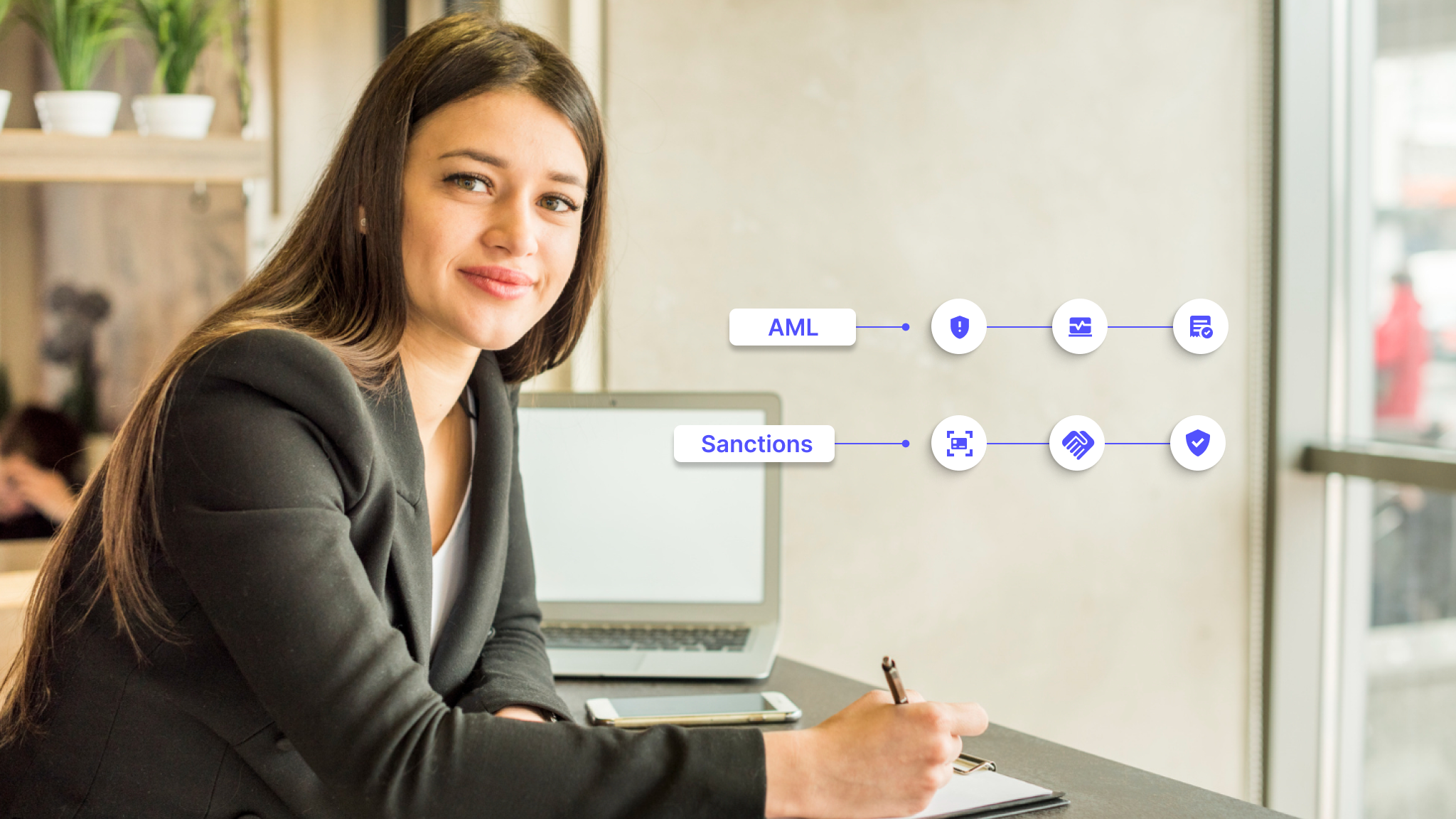















.jpeg)

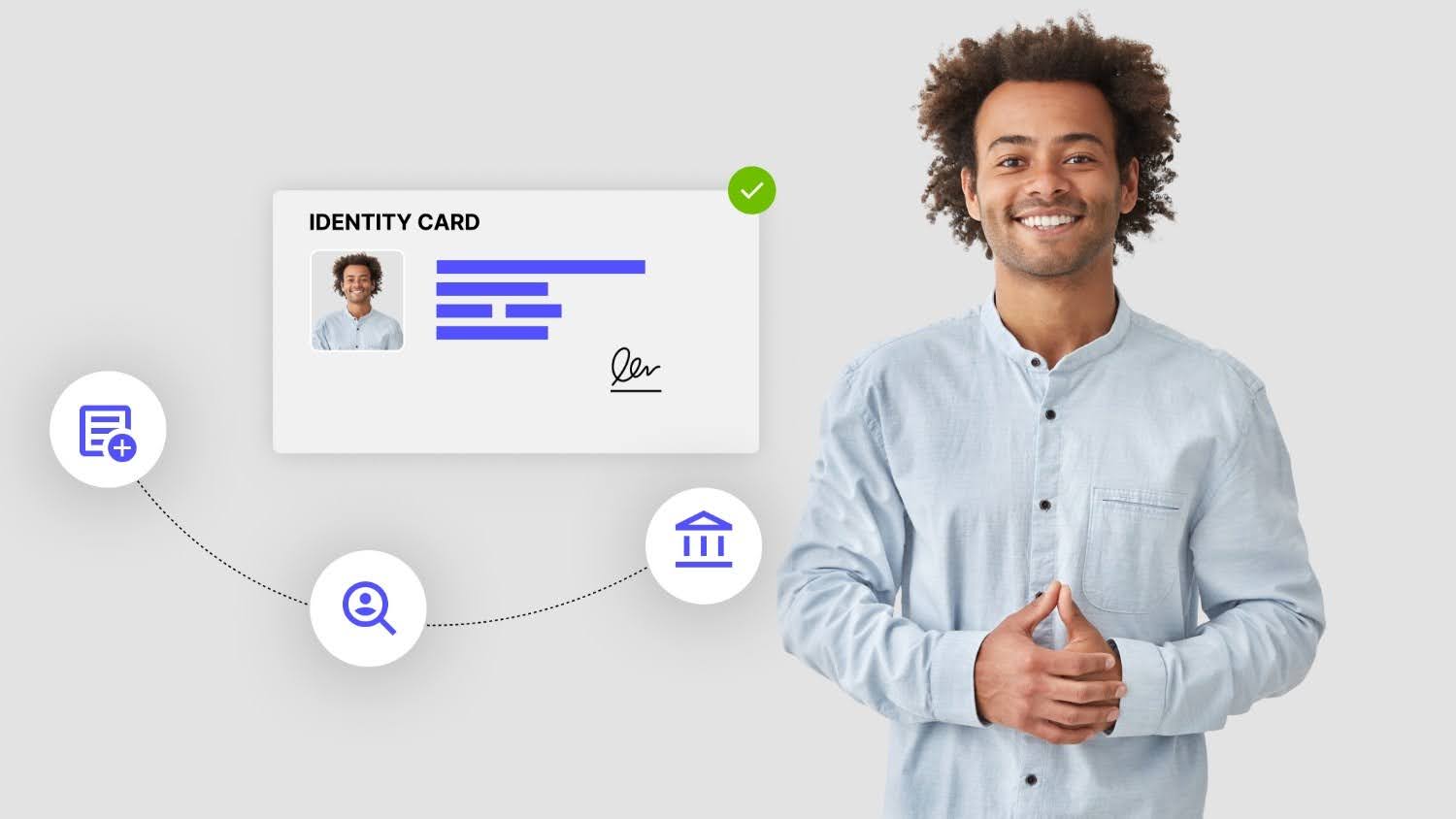


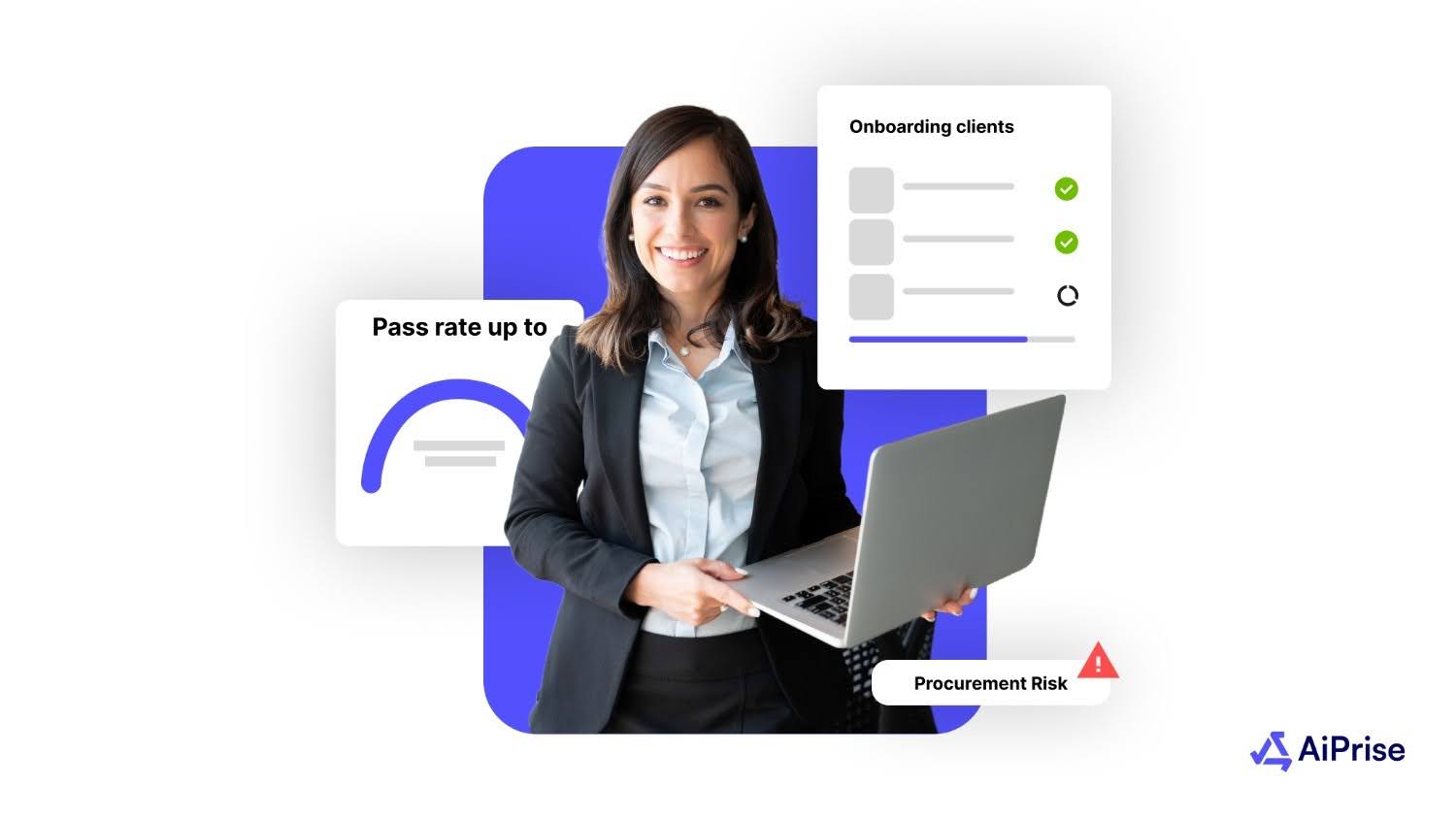

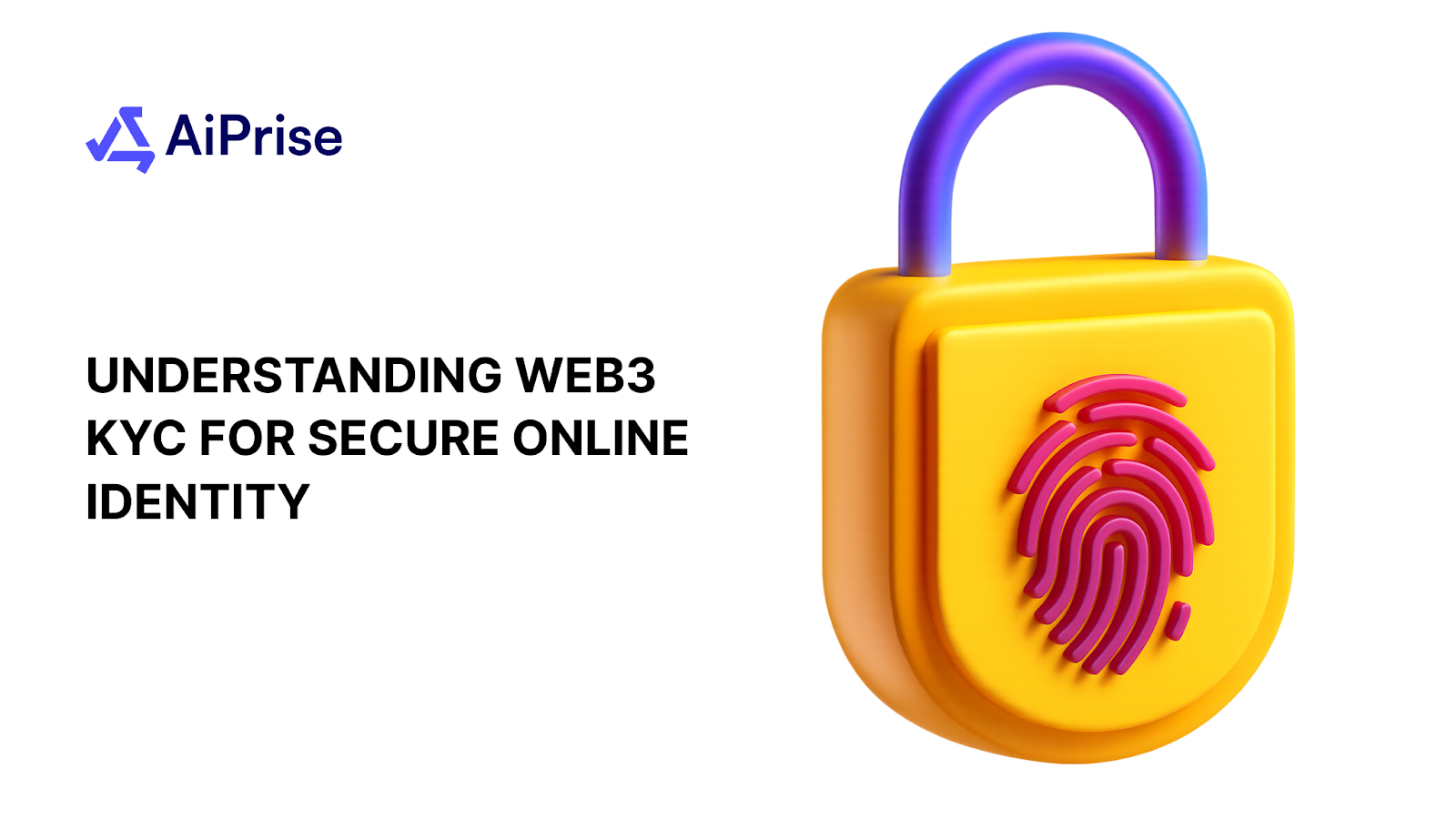
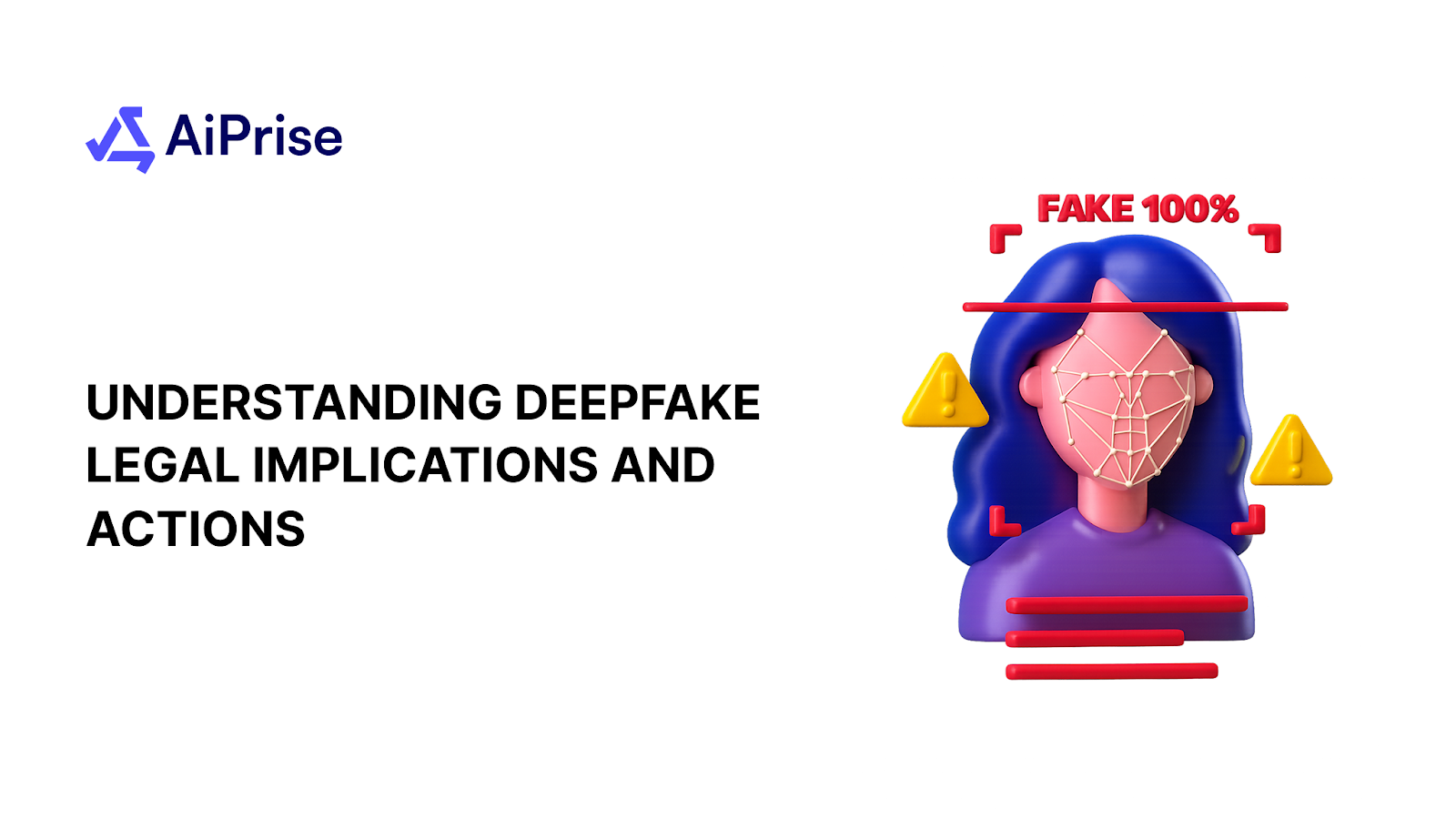
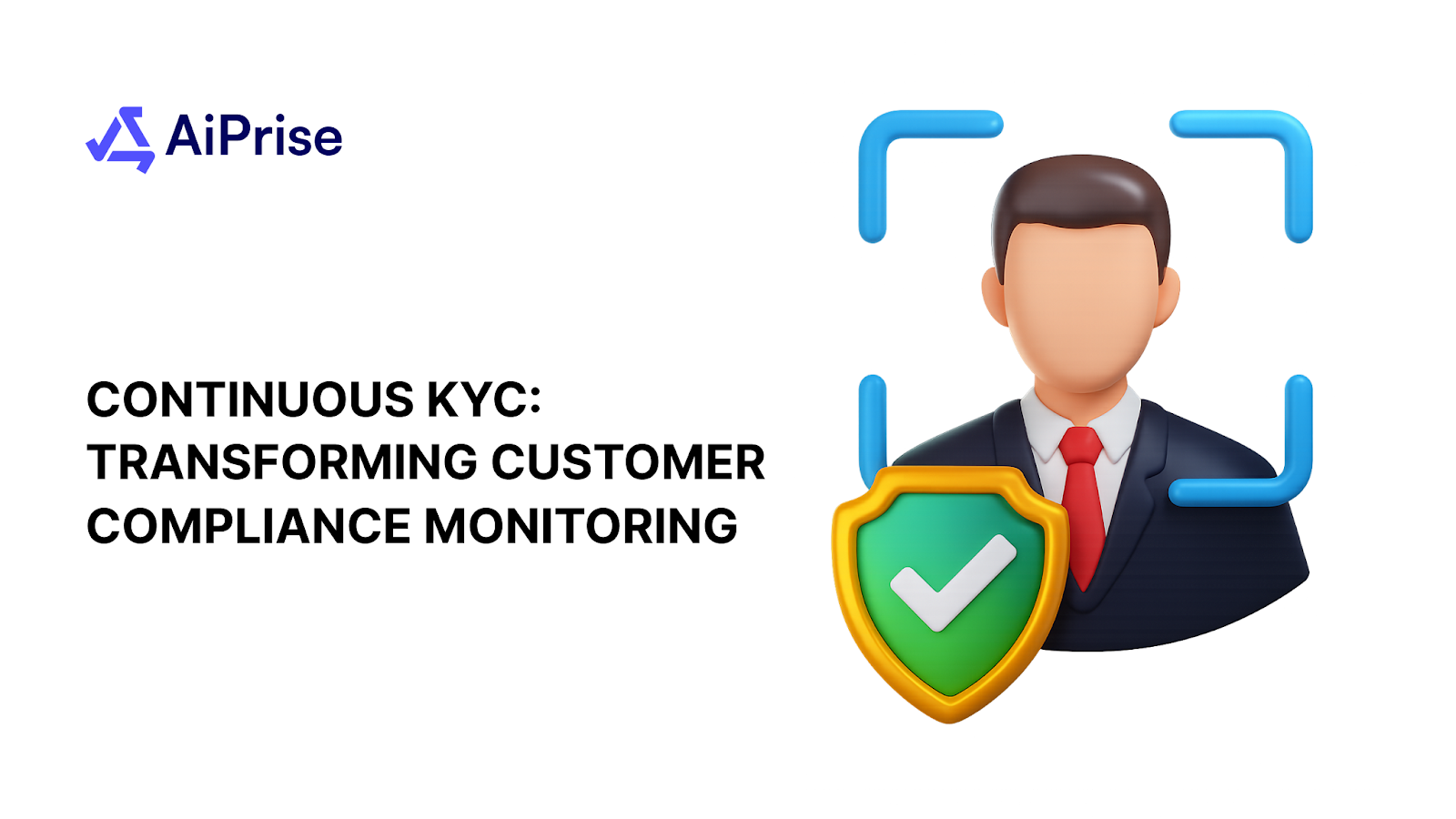

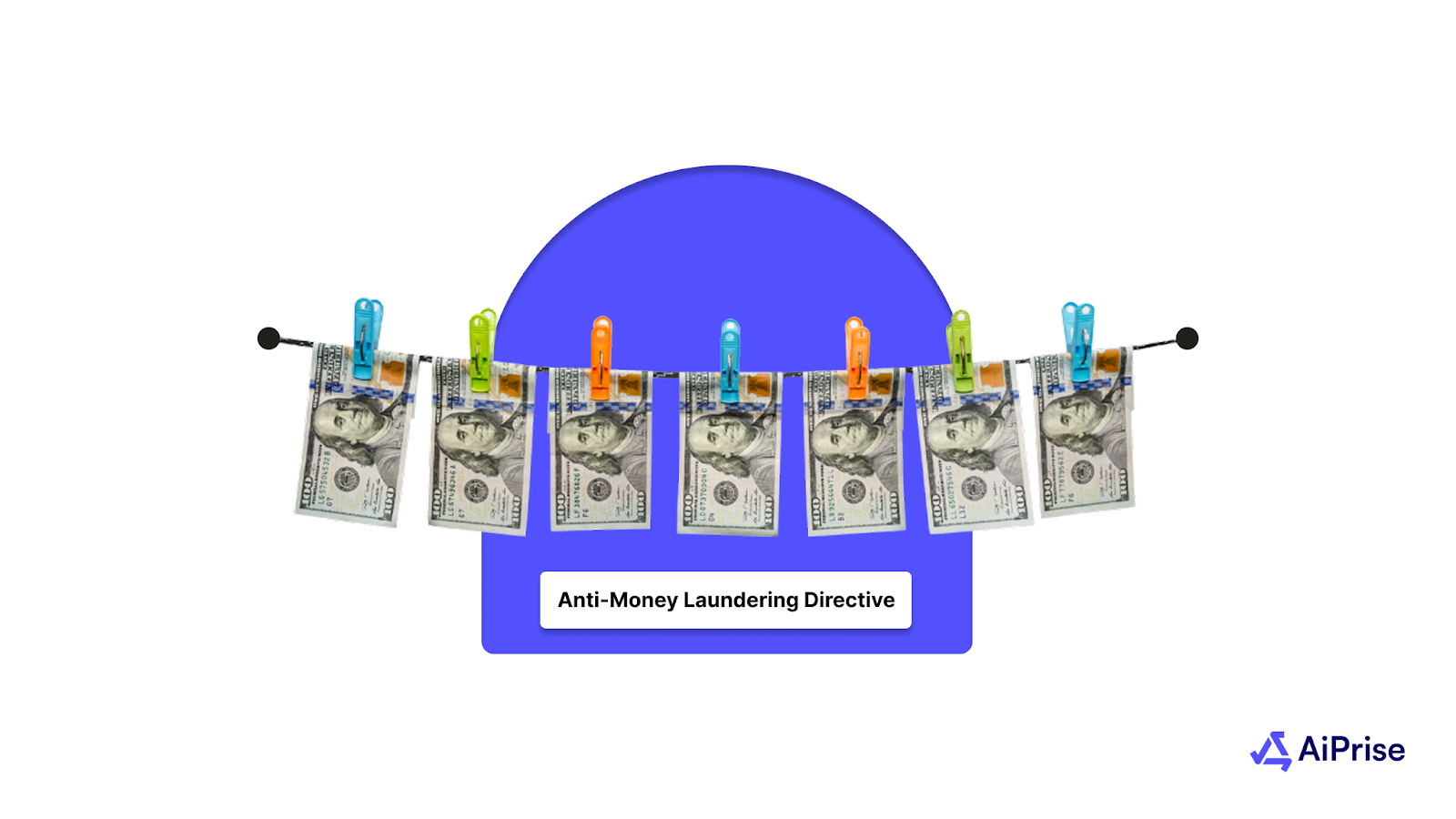
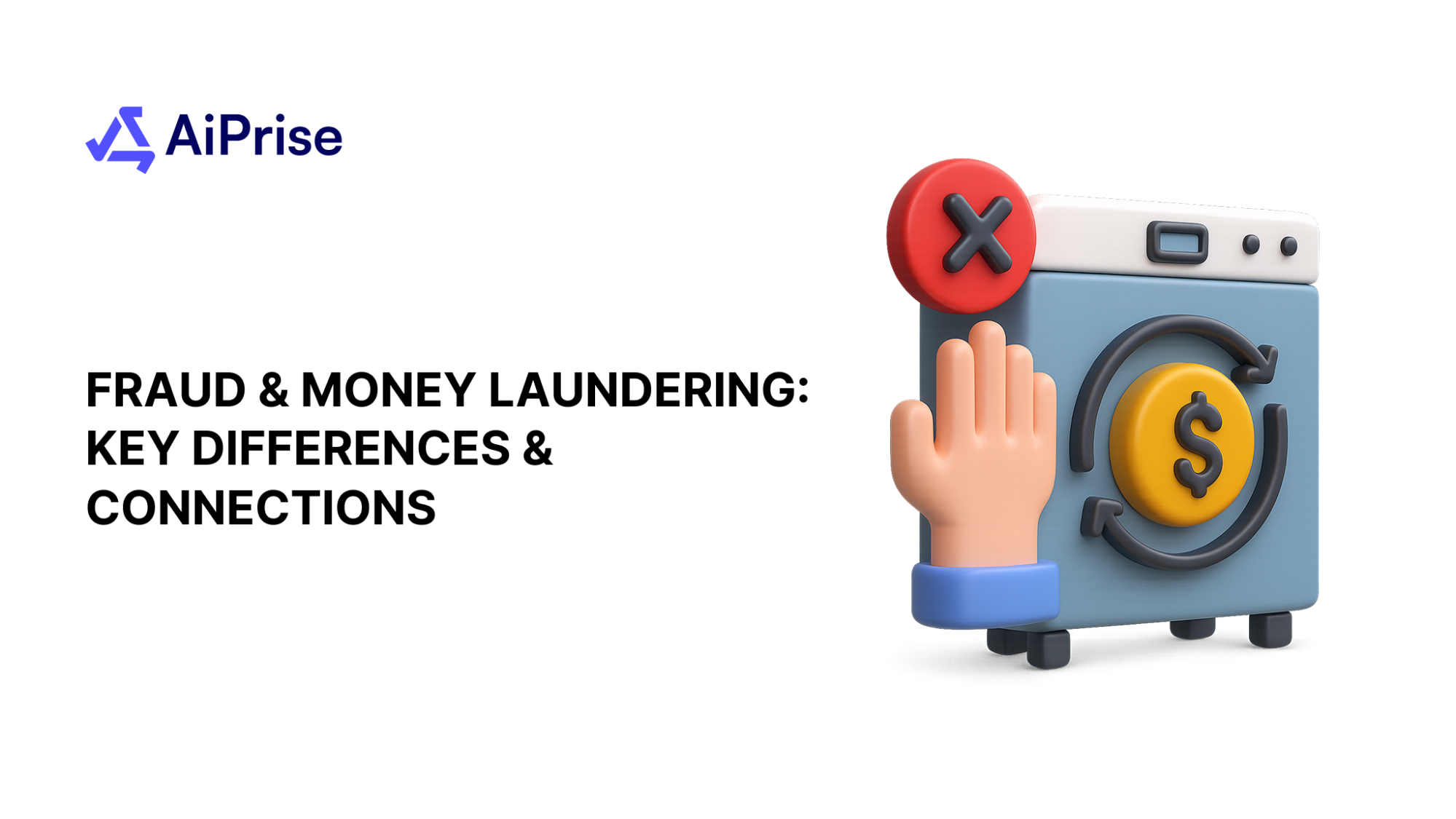
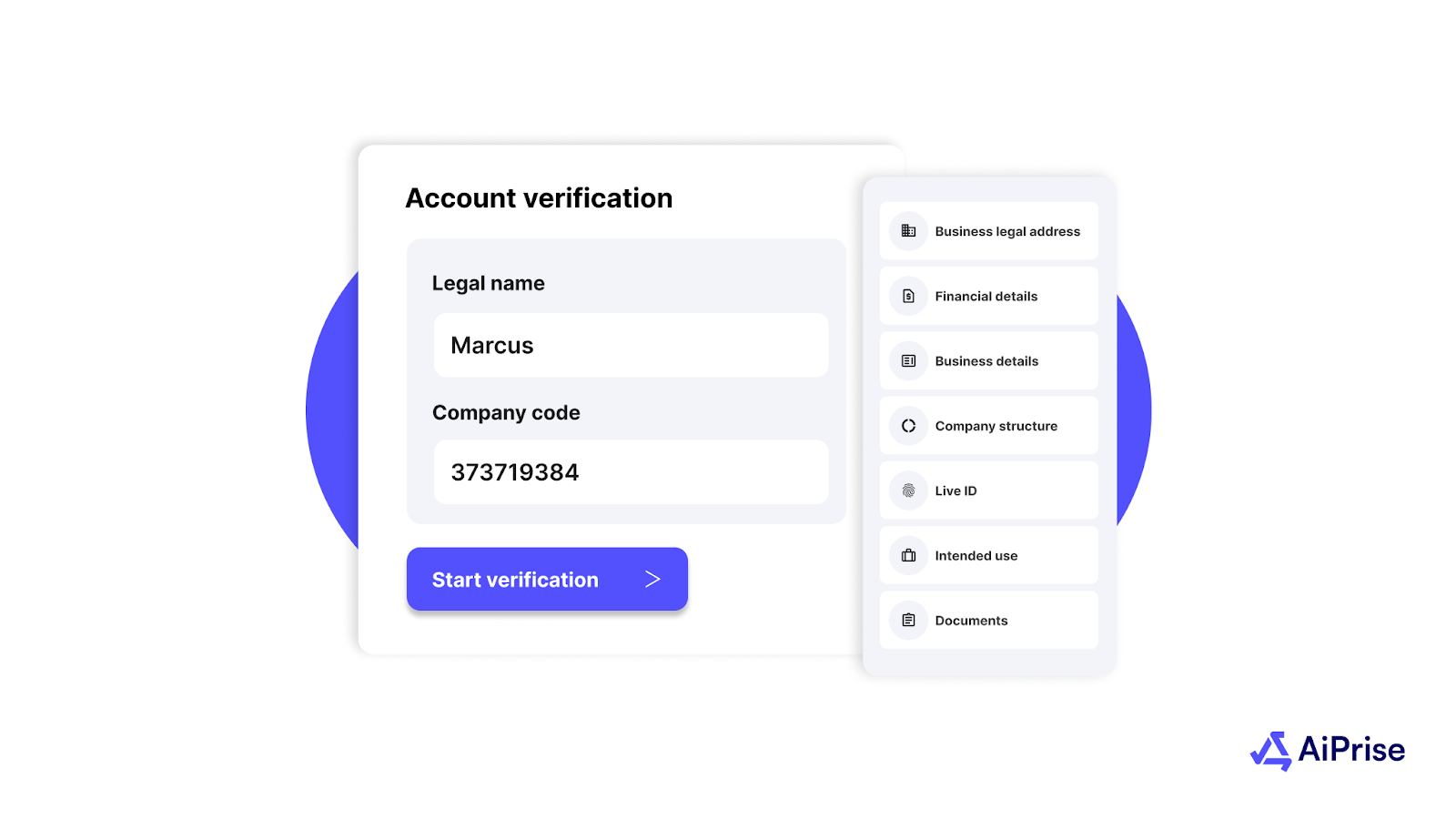

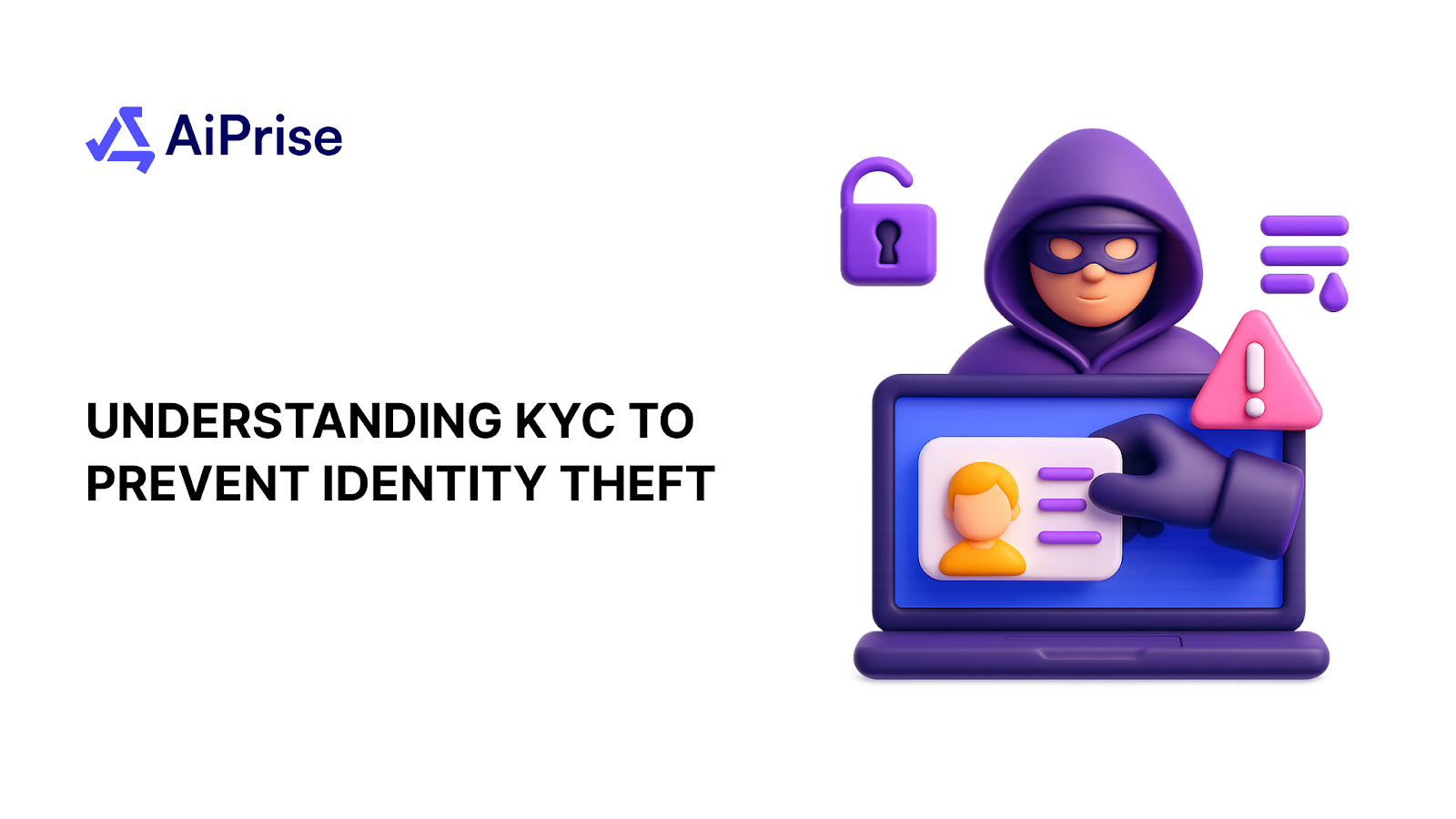
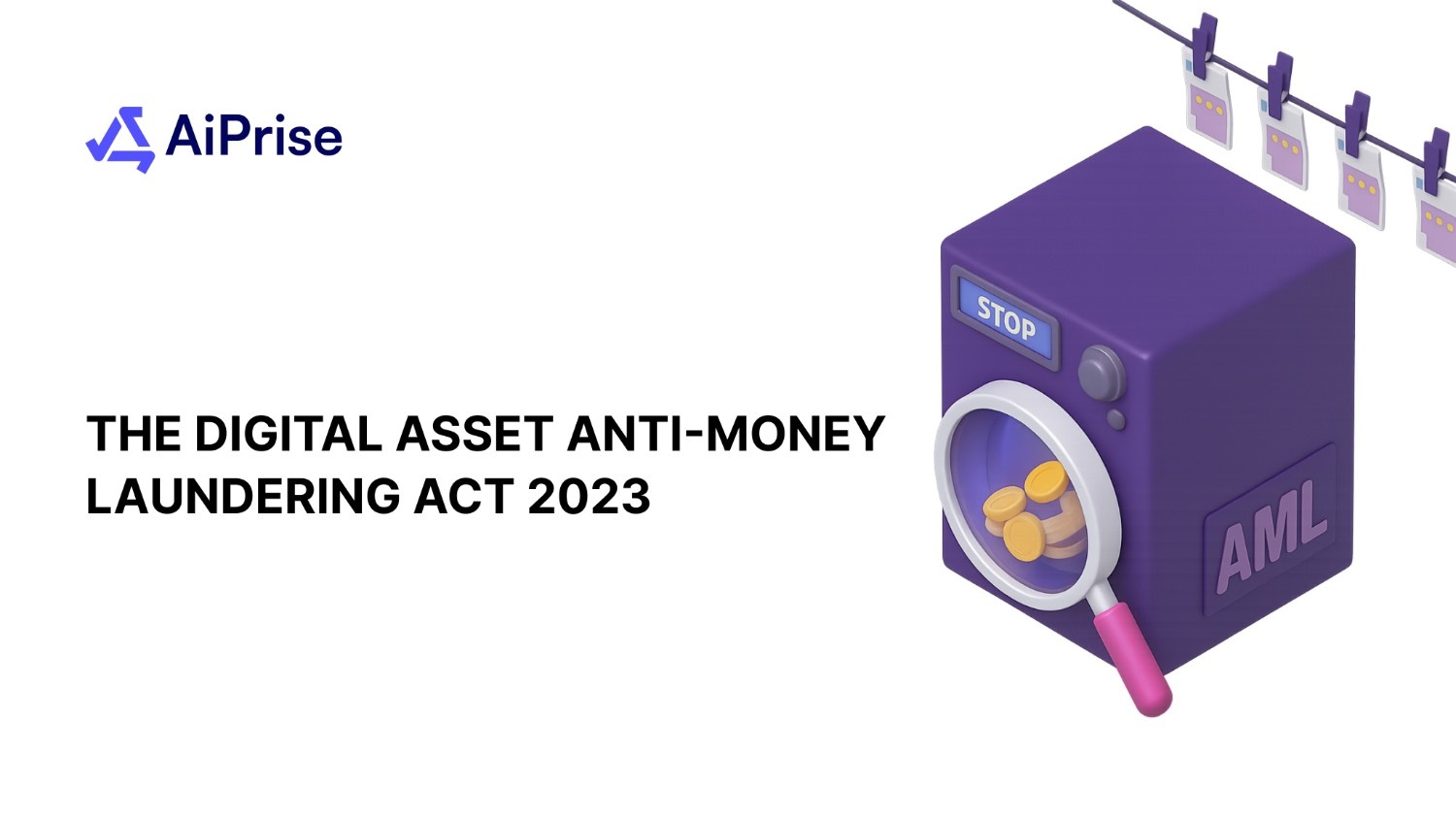


.png)
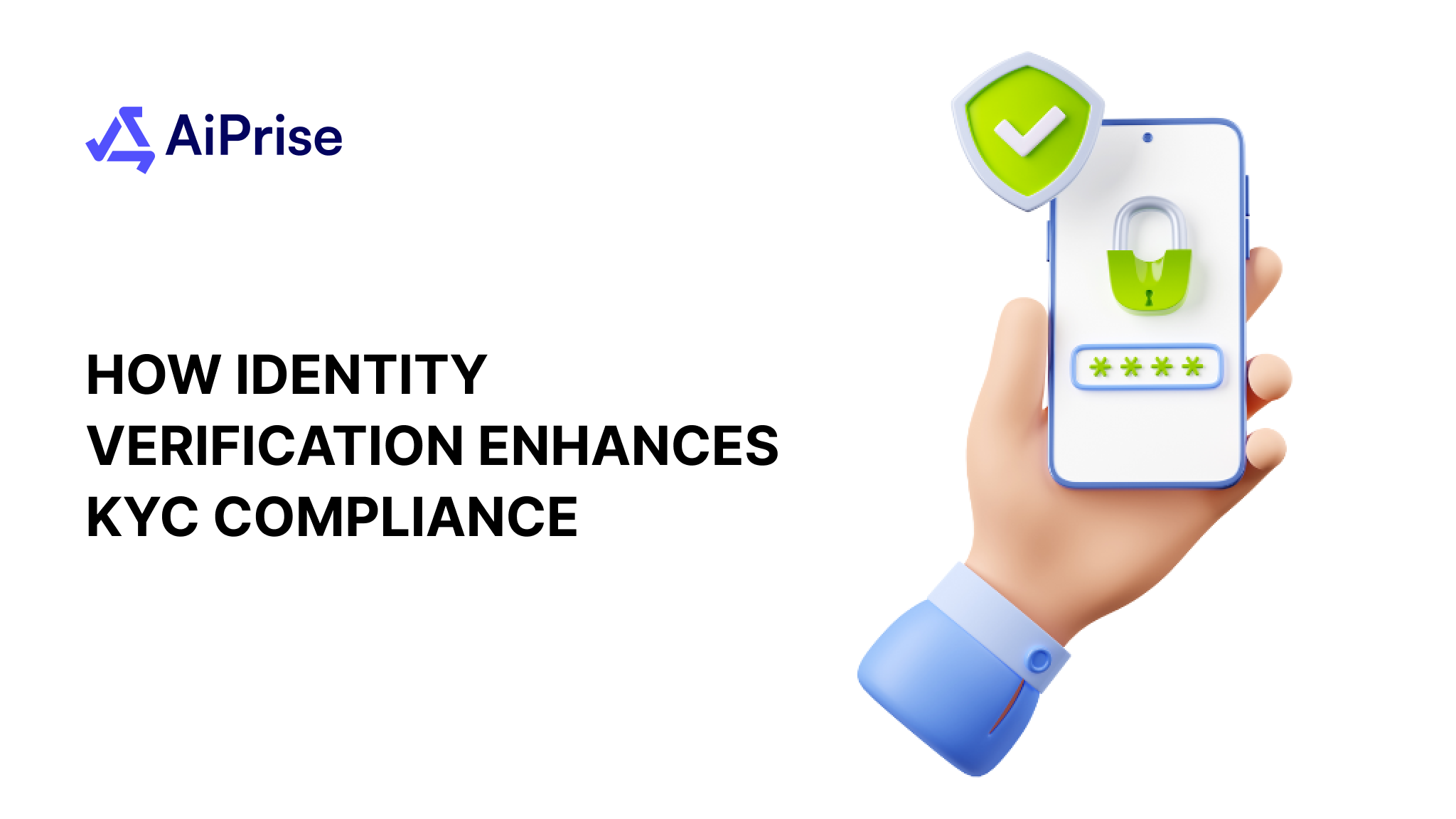
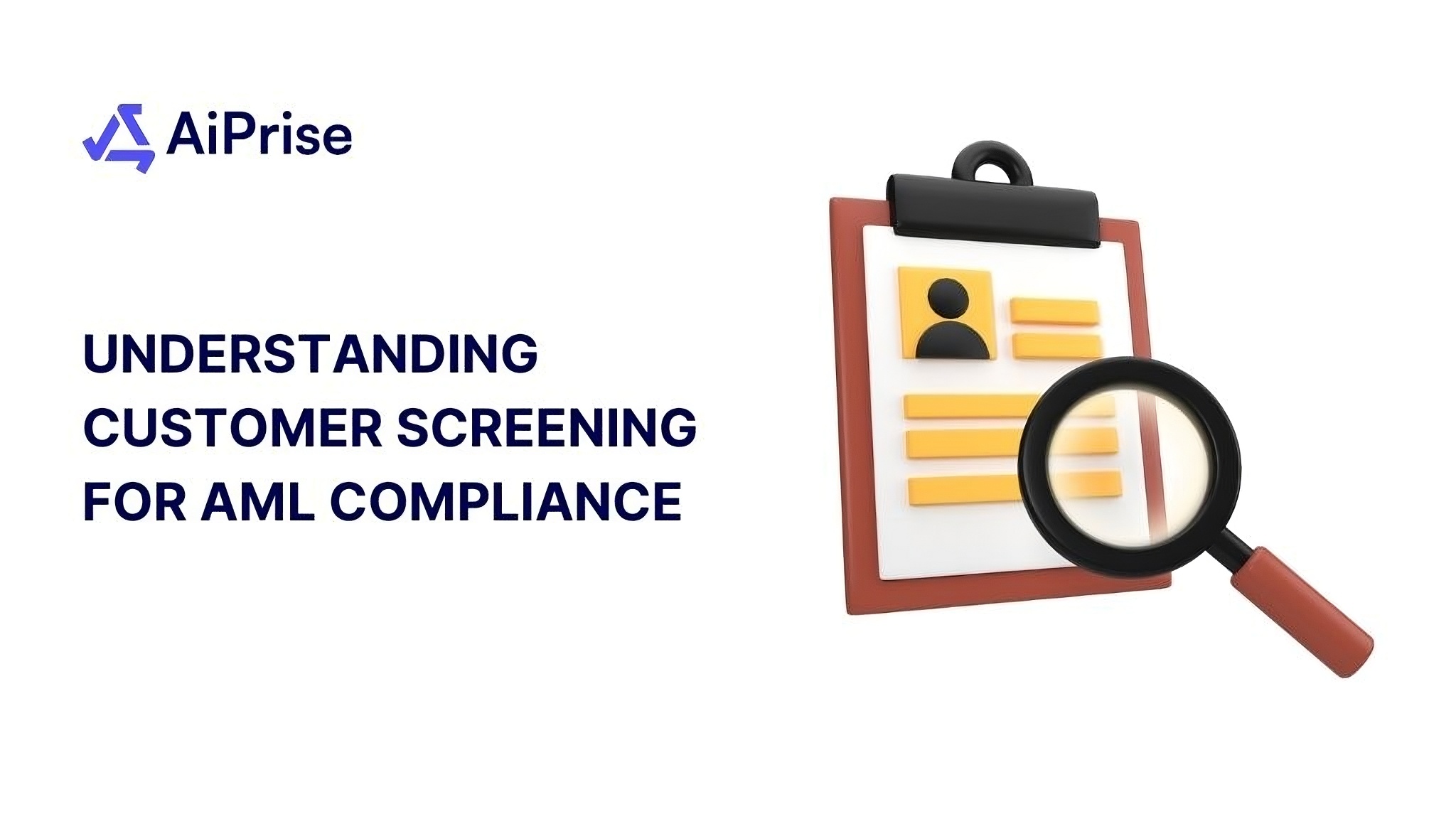

.png)
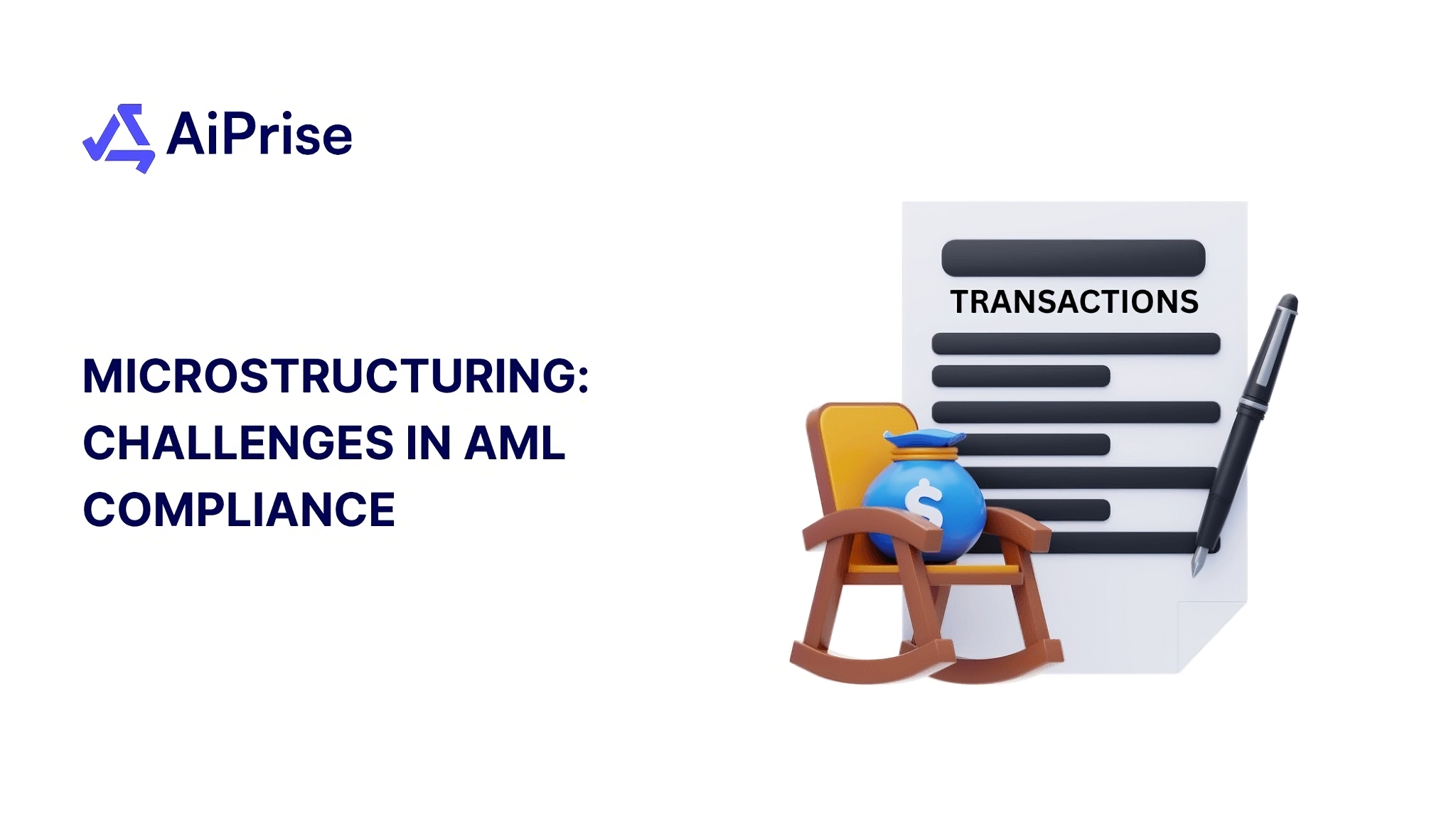

.png)
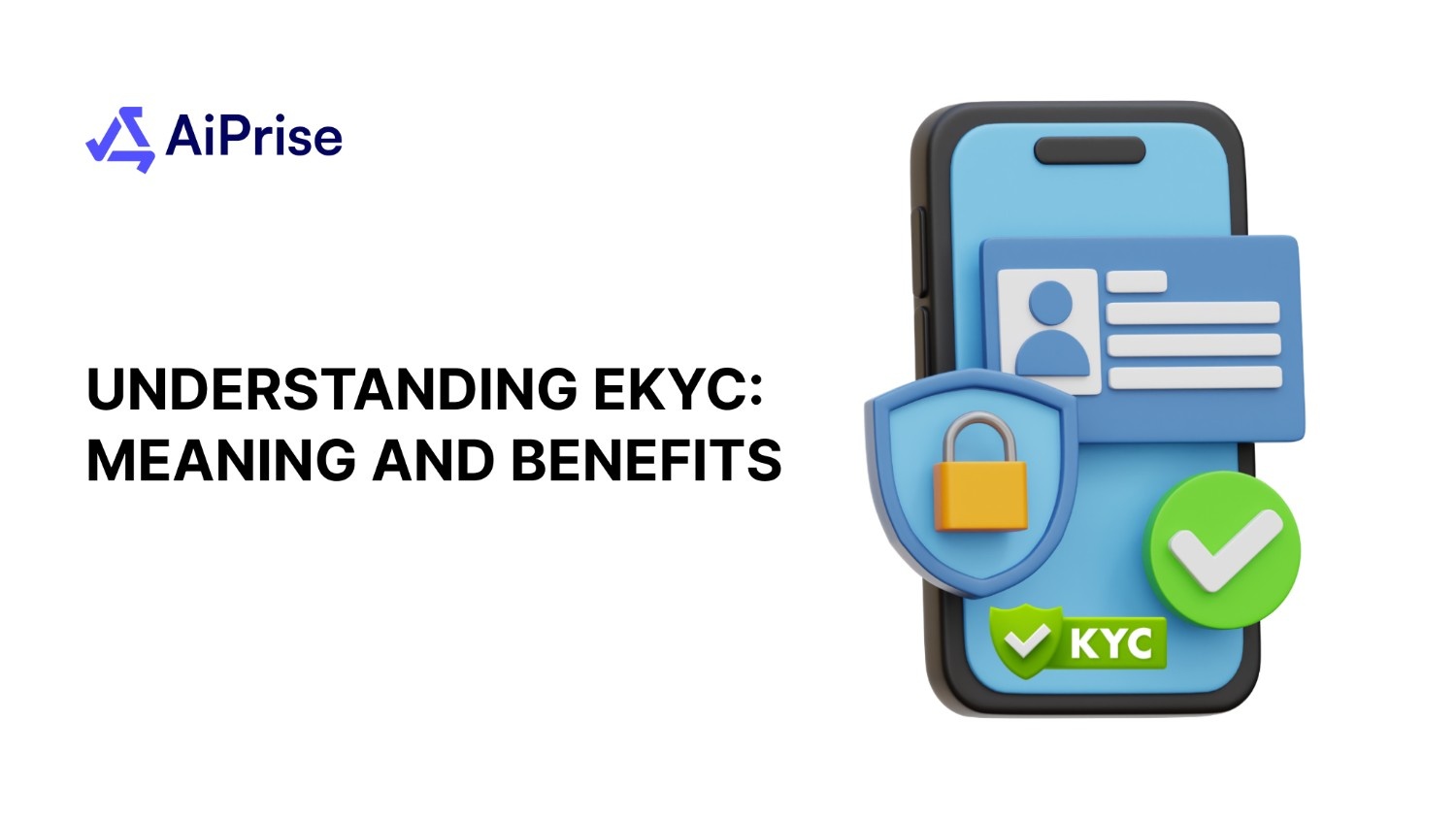
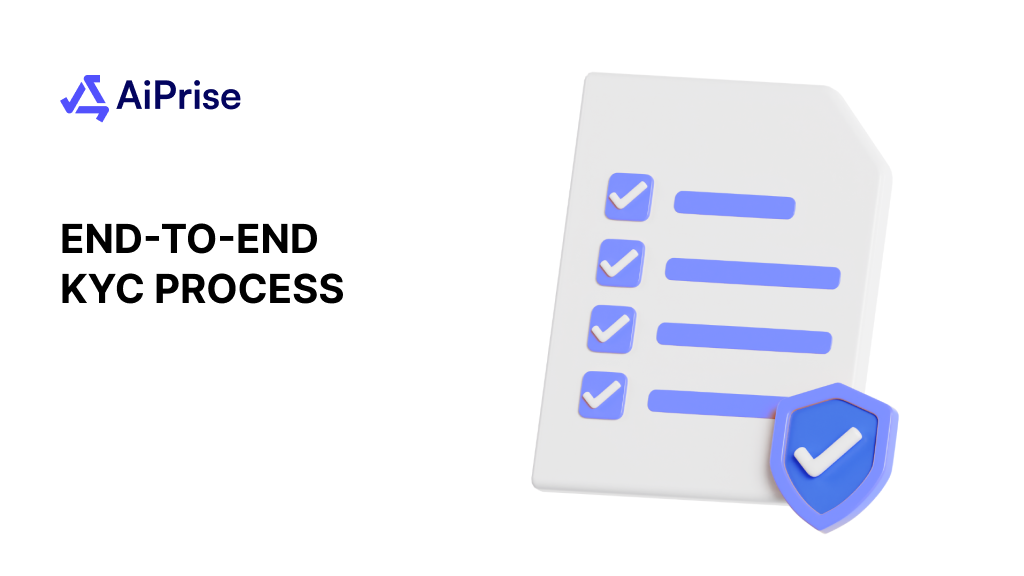

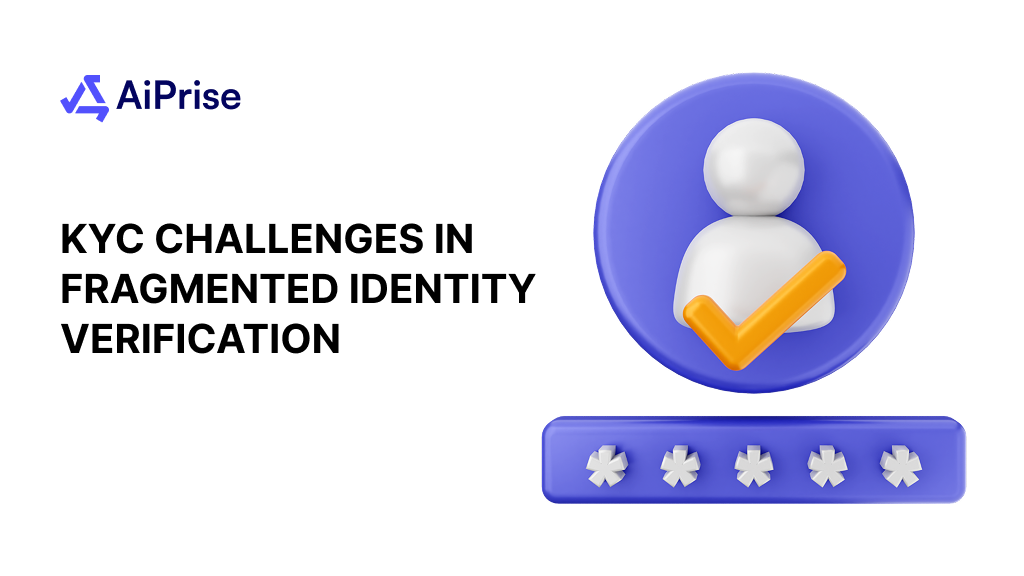

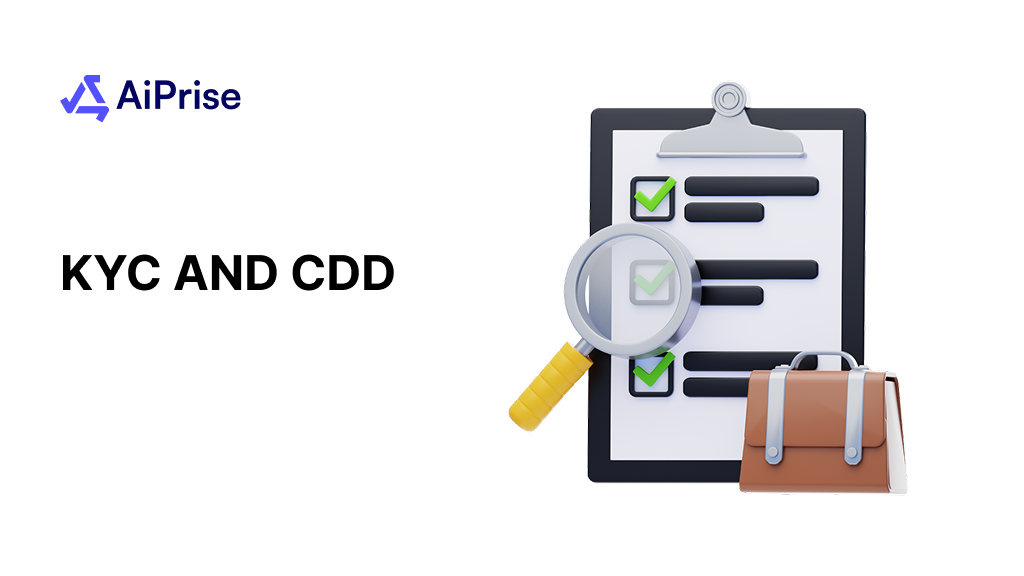









.png)






